Representatives from Natura Resources, the Zachry Group, Abilene Christian University, the University of Texas–Austin, Texas A&M University, and the Georgia Institute of Technology with the construction permit at NRC headquarters. (Photo: Natura Resources)
The Nuclear Regulatory Commission issued a construction permit yesterday to Abilene Christian University, giving ACU and its partners the go-ahead to build the Molten Salt Research Reactor (MSRR) facility on its Abilene, Texas, campus. The 1-MWt research reactor is the first molten salt–fueled reactor to get a construction permit from the NRC. After Kairos Power’s Hermes, it is the second non–light water reactor construction permit issued by the NRC.
Tohoku University’s Sakura Hall was the site of a workshop coffee break and photo op. (All photos: University of Michigan/Tohoku University)
Tohoku University in Sendai, Japan, was the site of an advanced nuclear reactor workshop in late May that was hosted by the Fastest Path to Zero Initiative of the University of Michigan and Tohoku’s Center for Fundamental Research on Nuclear Decommissioning. The event was co-organized by the U.S. Consulate in Sapporo, Japan, and the Atlantic Council, which is associated with the North Atlantic Treaty Organization. The workshop, “The Potential Contribution of Advanced Nuclear Energy Technologies to the Decarbonization and Economic Development of Japan and the U.S.,” featured numerous American and Japanese academic authorities, government policymakers, executives of utilities and advanced reactor developers, and leaders of nongovernmental organizations. Also participating were students from both the University of Michigan and Tohoku University.
The Memorial Belltower at NC State in Raleigh. (Photo: NC State)
North Carolina State University is hosting the inaugural Future Leaders in Nuclear: Undergraduate Symposium in early October at its campus in Raleigh. The event for rising juniors and seniors in nuclear engineering or related science and engineering fields will give attendees the opportunity to present their research.
High school students Madison Henley of Detroit, Mich. (left) and Simon Fadare of Atlanta, Ga., work on a project to imagine and build a future nuclear energy device. (Photo: Brenda Ahearn/Michigan Engineering)
The first Harper Academy 4 Future Nuclear Engineers was held recently at the University of Michigan. The four-week program provided eight rising high school seniors with classes in nuclear engineering fundamentals, mathematics, technical skills, design, community engagement, and college preparation. While taking the course, the students stayed at Bursley Hall on the university’s Ann Arbor campus.
Students celebrate the first International Nuclear Science Olympiad. (Photo: INSO)
Fifty-five high schoolers representing 14 Asian countries participated in an inaugural nuclear science competition earlier this month in the Philippines.
The event was held in the run-up to the United Nations’ International Youth Day, which is celebrated worldwide on August 12 to recognize and encourage the potential of young people as active partners in the global society. The nuclear field presents many opportunities for the next generation of scientists and engineers.
The company has awarded nearly $6 million for STEM education and research programs since the program launched in 2010
Constellation is taking applications for its 2024 E2 Energy to Educate grant program, which provides funding for student projects focusing on energy innovation.
Educators and students in grades 6–12 can apply for program grants of up to $25,000, and those in two- and four-year colleges can apply for grants of up to $50,000.
Attendees at the Discovery Place's Energy Summit. (Photo: Steve Rea)
Imagine a place where children and adults can learn together about nuclear science as a carbon-free energy source that can be an answer to climate change. Guests can experience a cloud chamber, remotely inspect equipment with a drone, and hold a simulated low-enriched uranium fuel pellet. On Saturday, July 6, such a place actually existed for three hours. That place was the Discovery Place Science Museum in Charlotte, N.C. Ryan Leung, a Discovery Place experience specialist, led a team of local nuclear energy industry volunteers and representatives from the American Nuclear Society and Women in Nuclear to organize and execute an Energy Summit.
Jenifer Shafer during her TEDx talk on nuclear energy. (Screen capture: YouTube)
Jenifer Shafer, the associate director for technology at the Advanced Research Projects Agency–Energy (ARPA-E), recently delivered a TEDx talk in which she explained the basic concepts of nuclear waste recycling, including related nonproliferation issues. As Shafer wrote in a post on LinkedIn, “In my talk, I explored the misconceptions surrounding nuclear waste and discuss[ed] the possible emerging opportunities regarding nuclear fuel recycling. It’s crucial that we understand the real potential of nuclear energy, and leveraging our ‘nuclear treasure,’ in shaping a sustainable future.”
Marcos Rolón-Acevedo (left) and Robert Roche-Rivera pose at UPRM at the beginning of their adjunct professorships in August 2023. (Photo: NRC/UPRM)
Robert Roche-Rivera and Marcos Rolón-Acevedo are licensed professional engineers who work at the U.S. Nuclear Regulatory Commission. They are also alumni of the University of Puerto Rico–Mayagüez (UPRM) and have been sharing their knowledge and experience with students at their alma mater since last year, serving as adjunct professors in the university’s Department of Mechanical Engineering. During the 2023–2024 school year, they each taught two courses: Fundamentals of Nuclear Science and Engineering, and Nuclear Power Plant Engineering.
Trends in percentages of the U.S. public favoring or opposing nuclear energy from 1983 to 2024. (Graphic: Bisconti Research)
Results of two new surveys have shed light on American public opinion regarding nuclear energy. The surveys, which were conducted with very different methods, offer generally encouraging news for the nuclear industry.


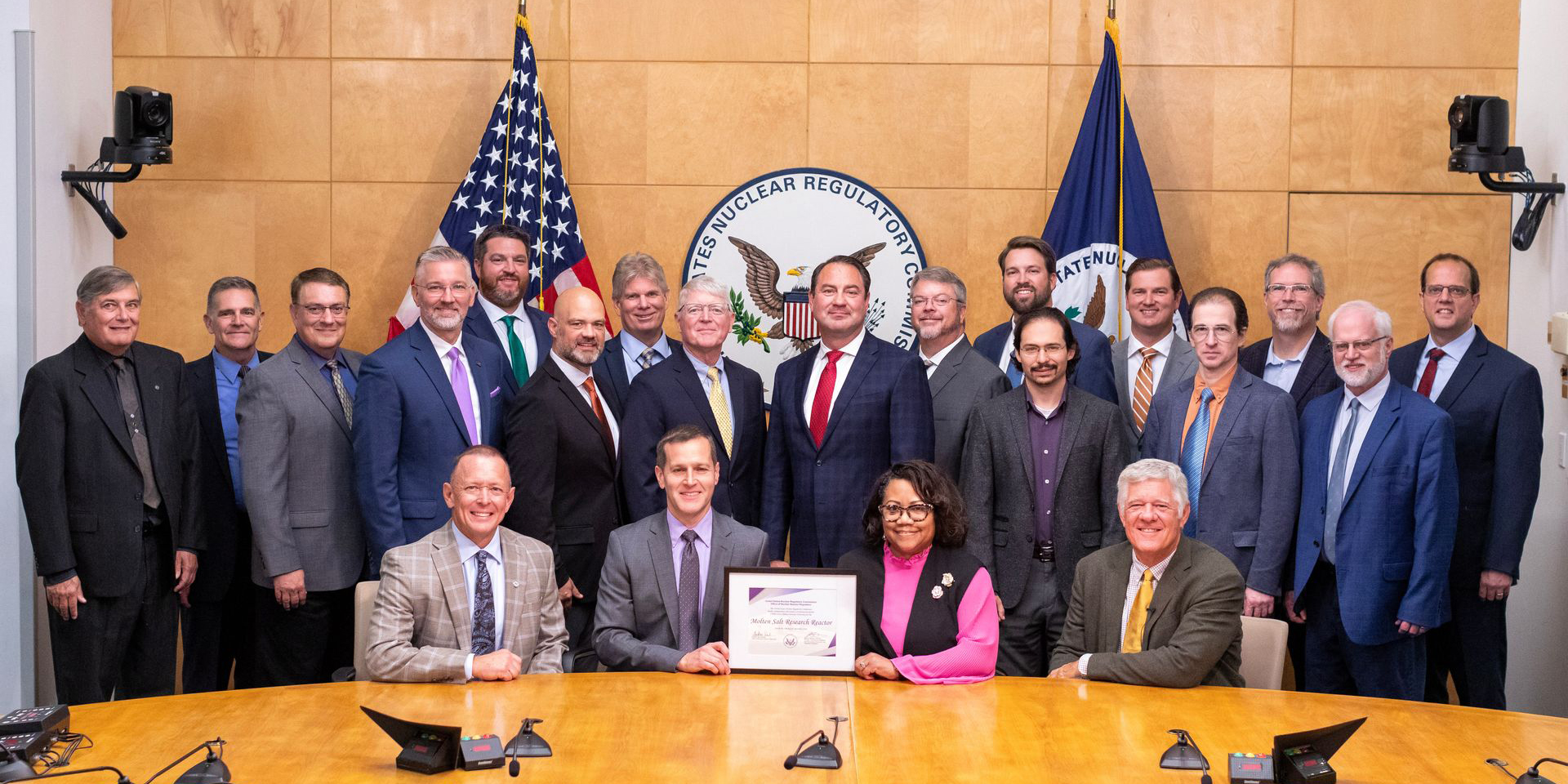
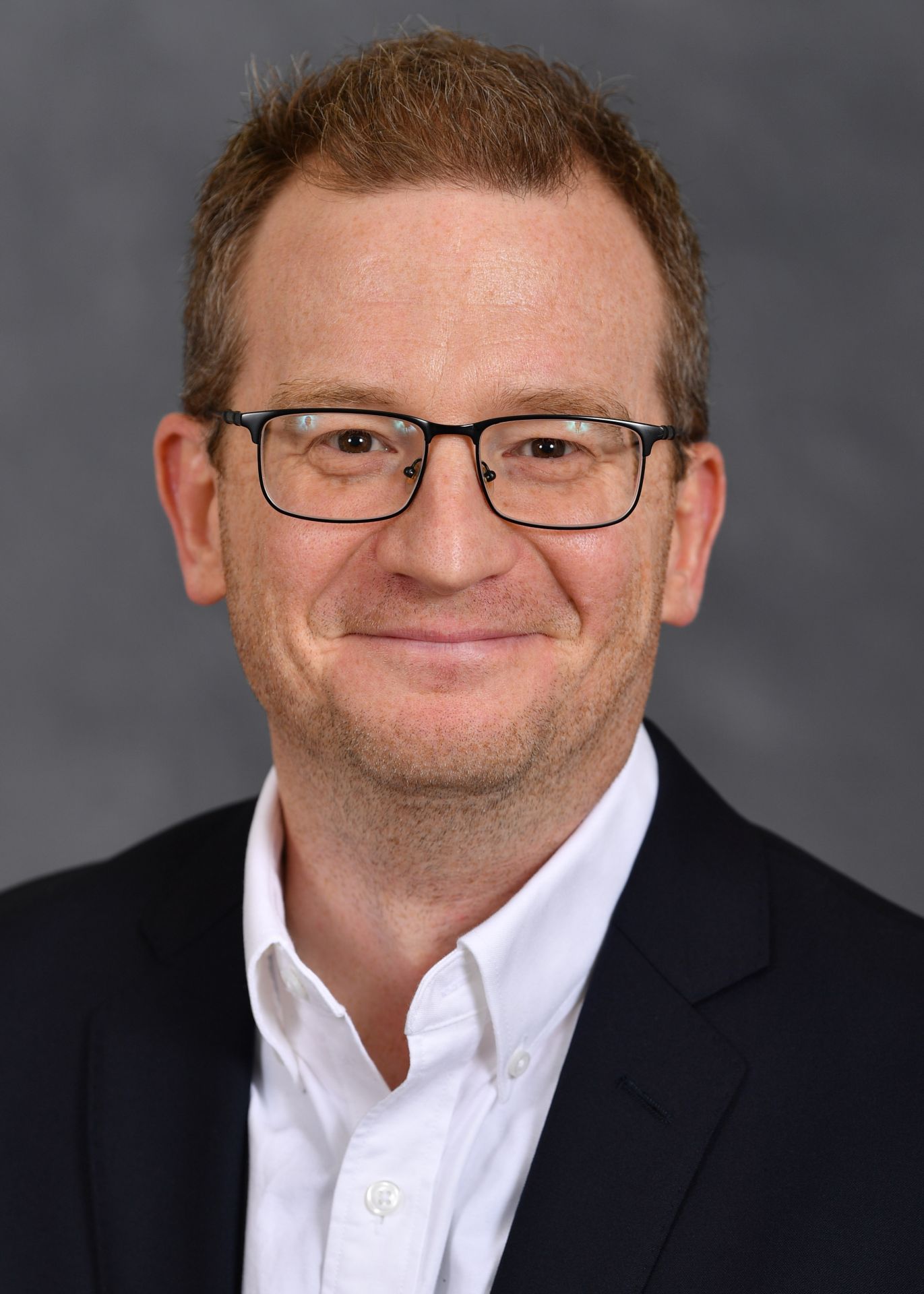
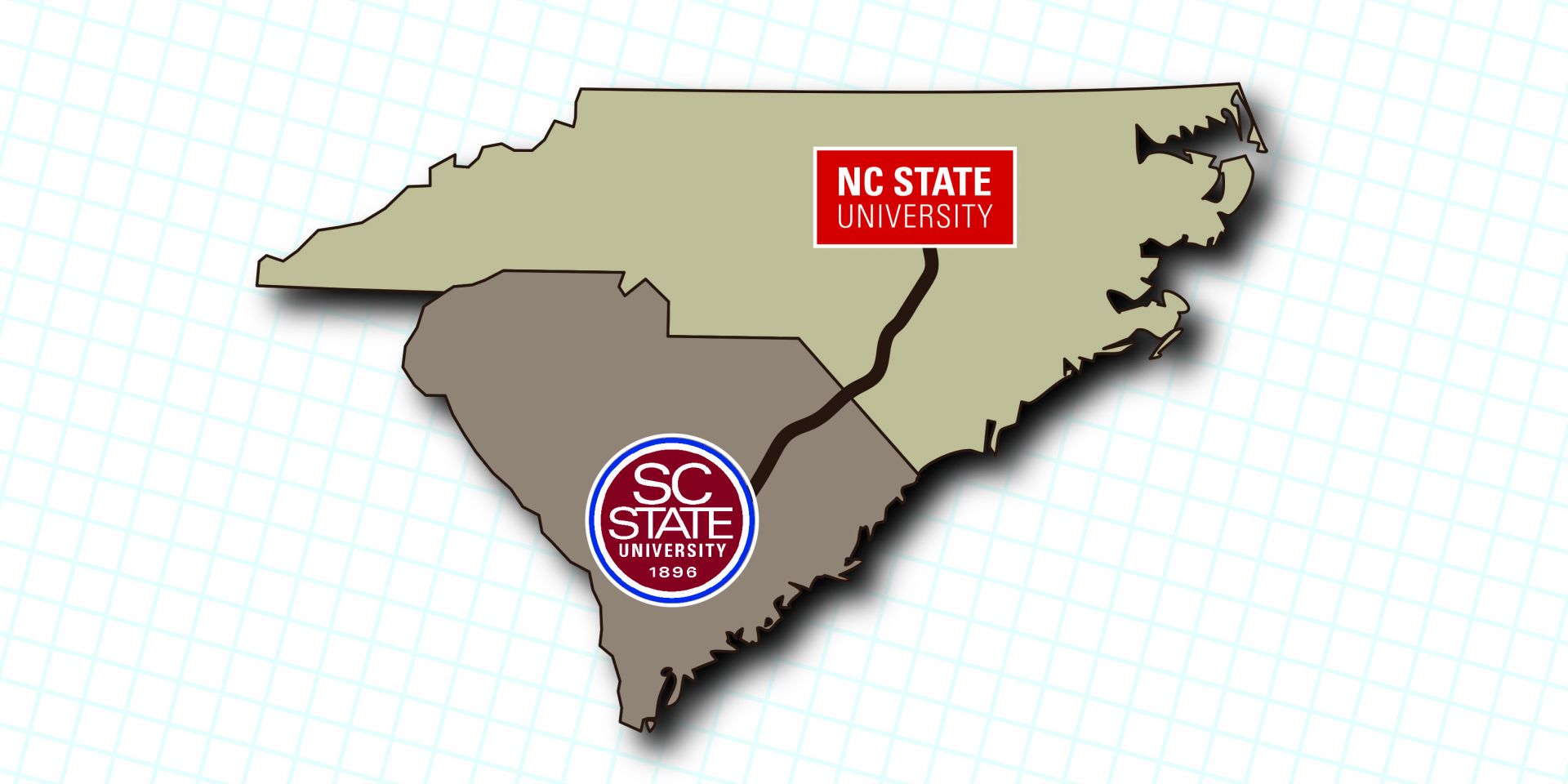
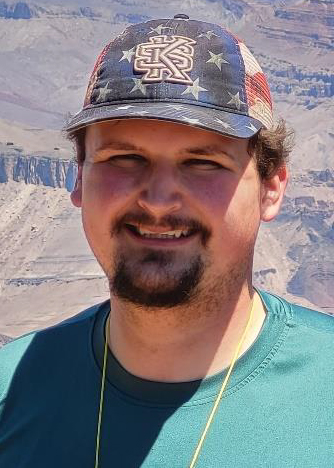
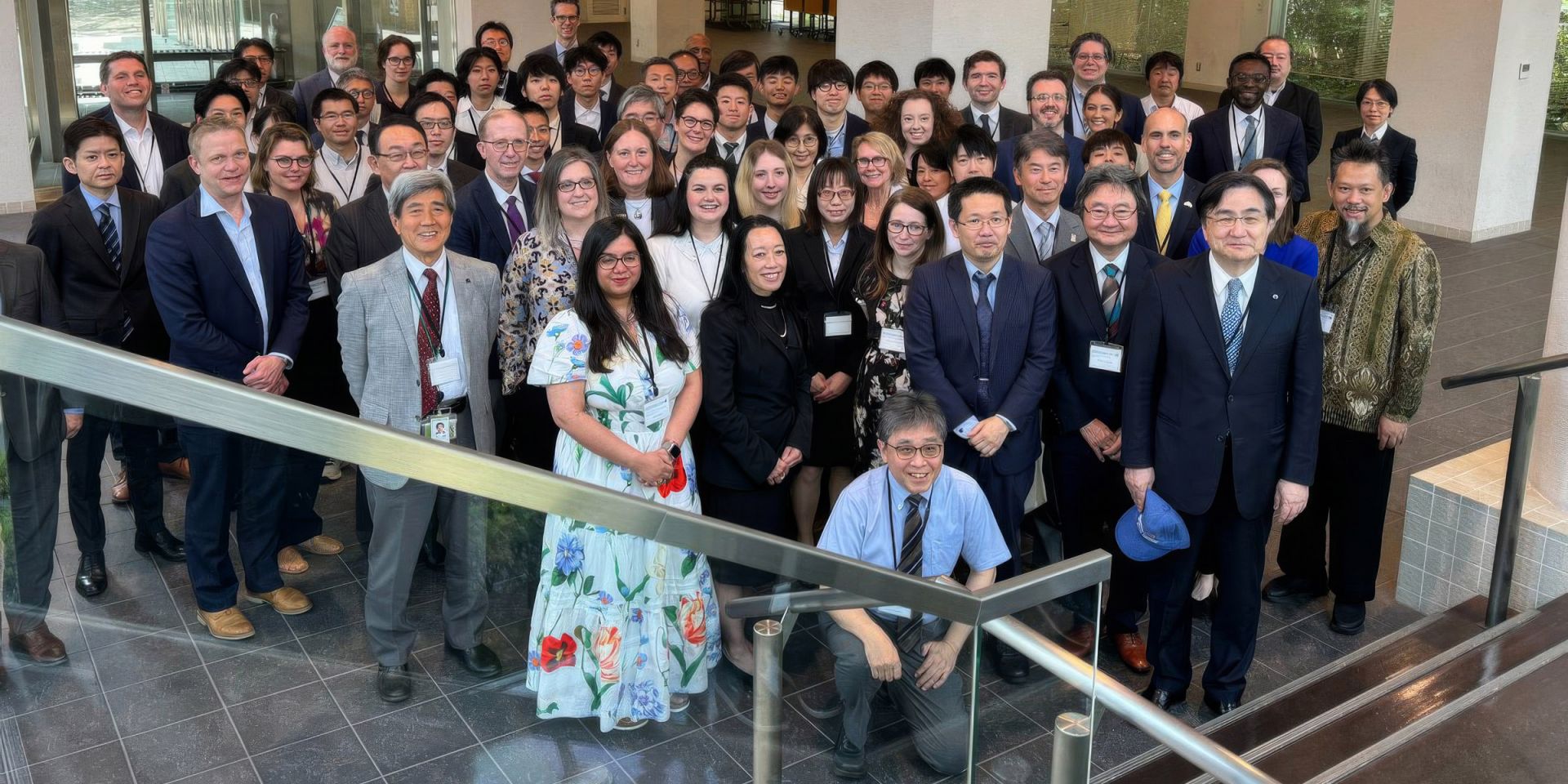
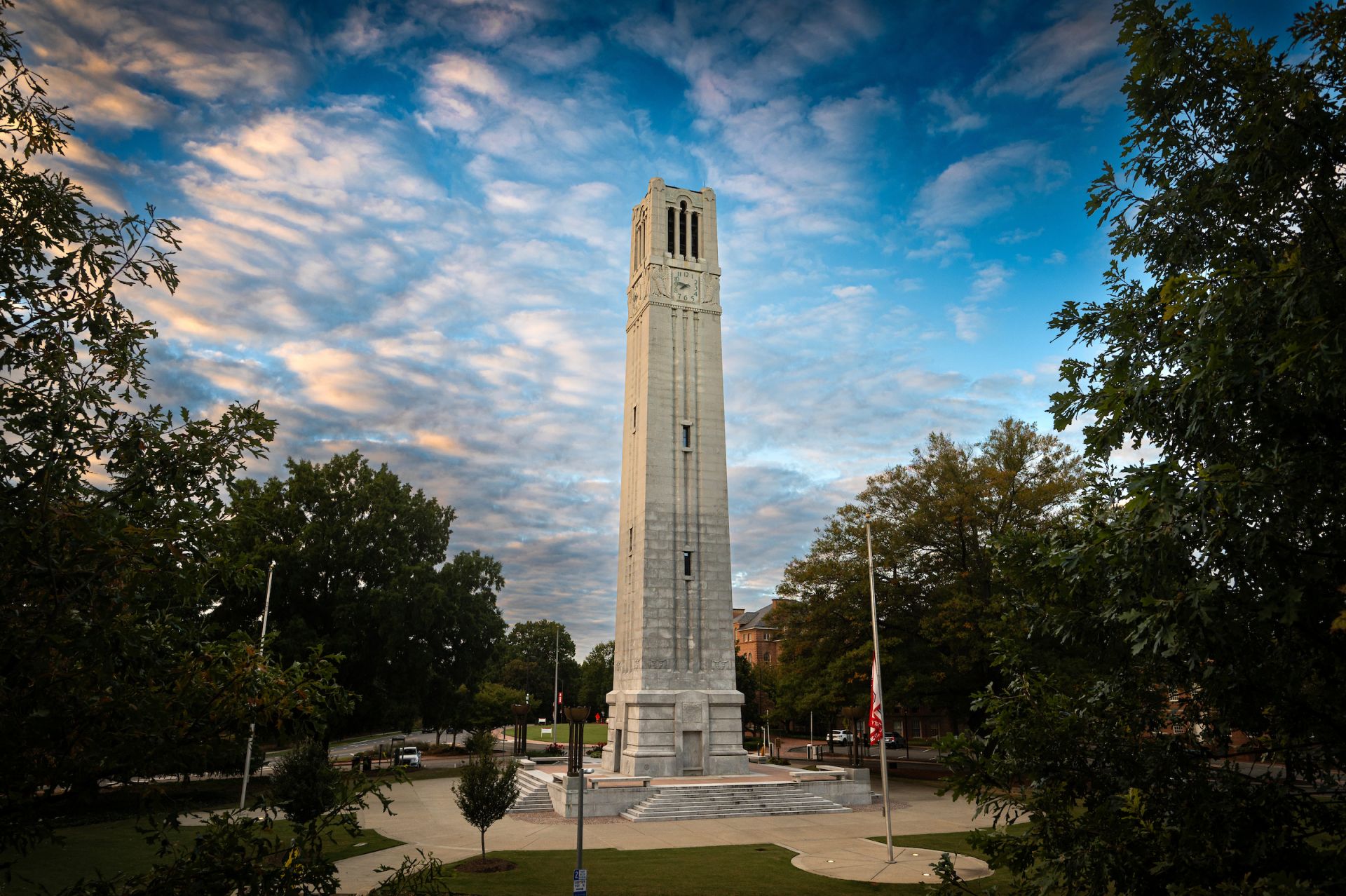
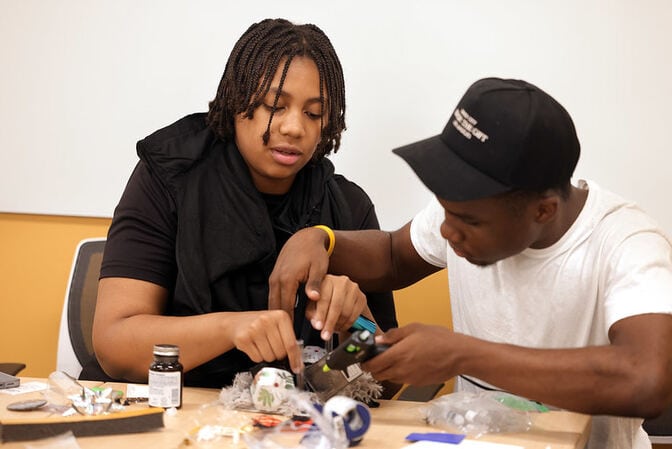
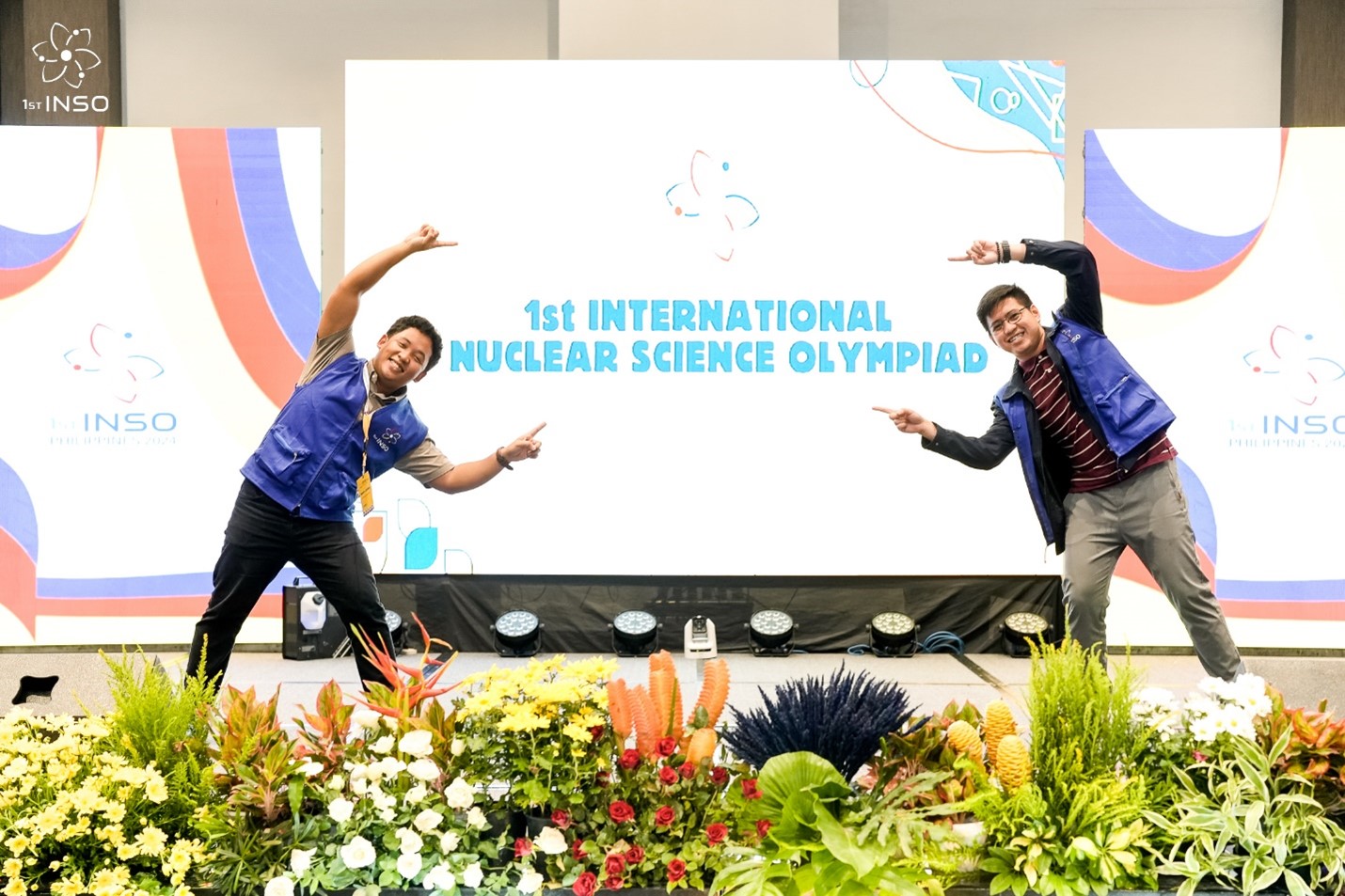

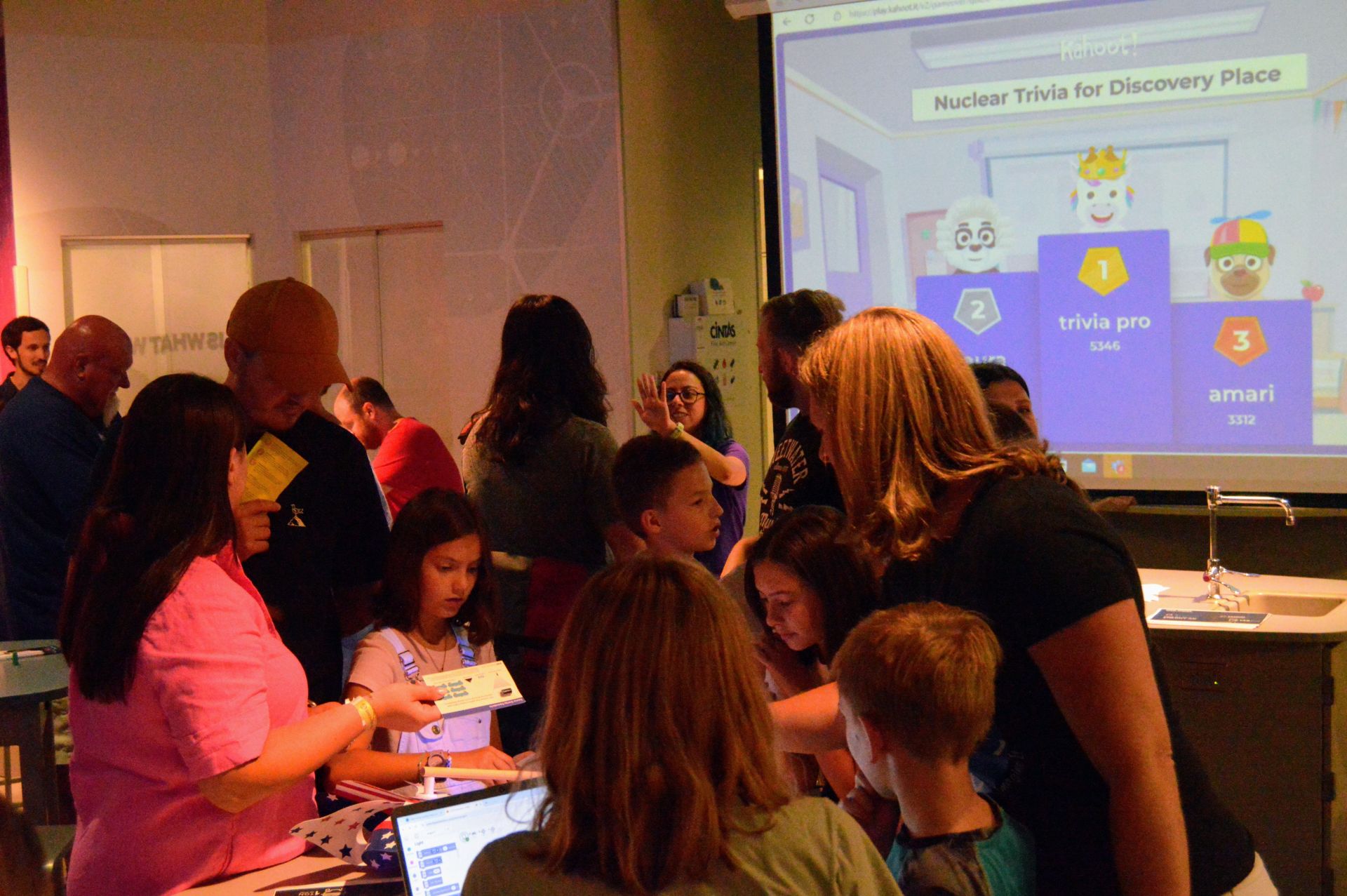
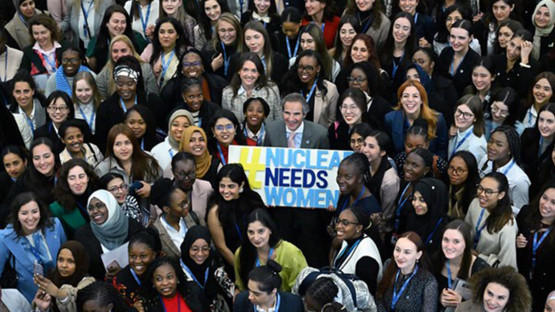
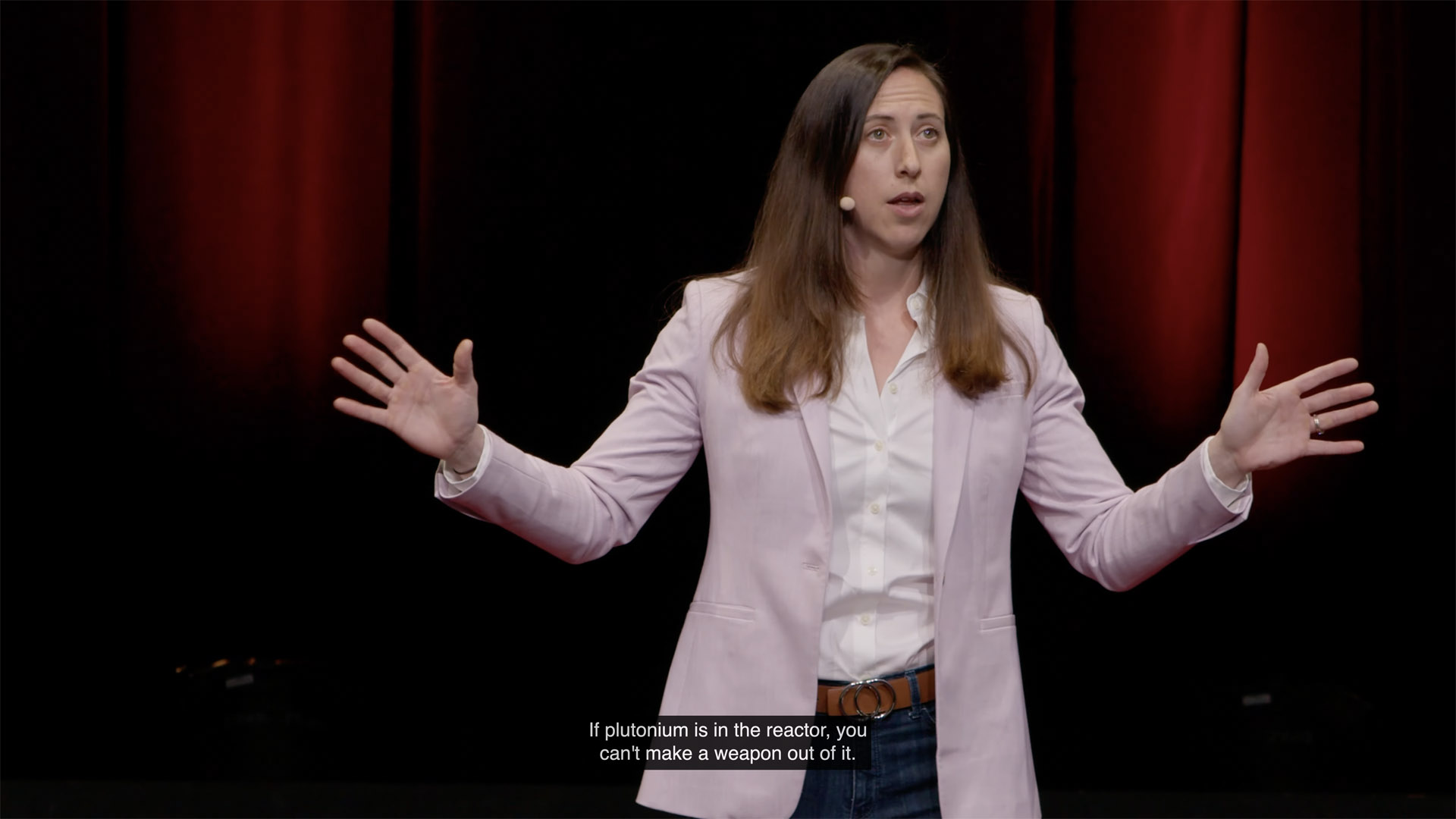
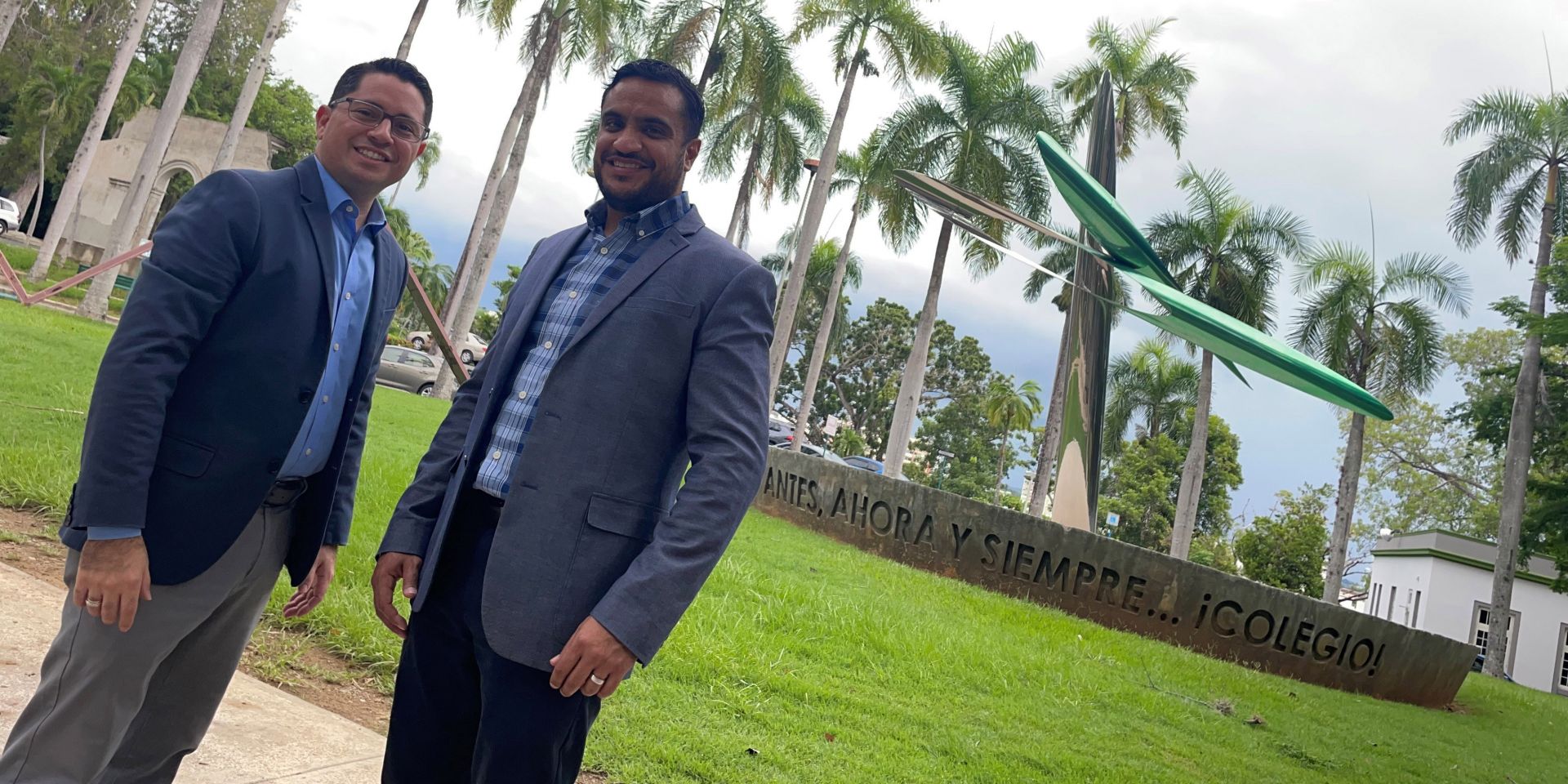
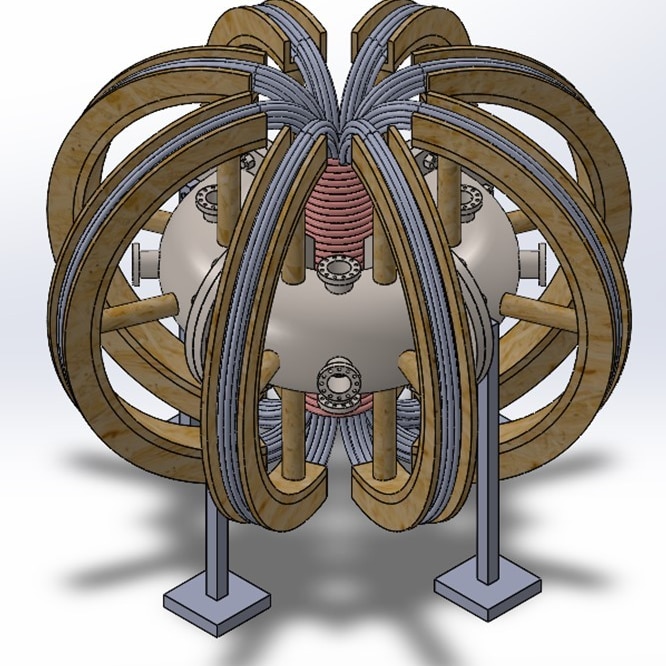
 2x1.jpg)